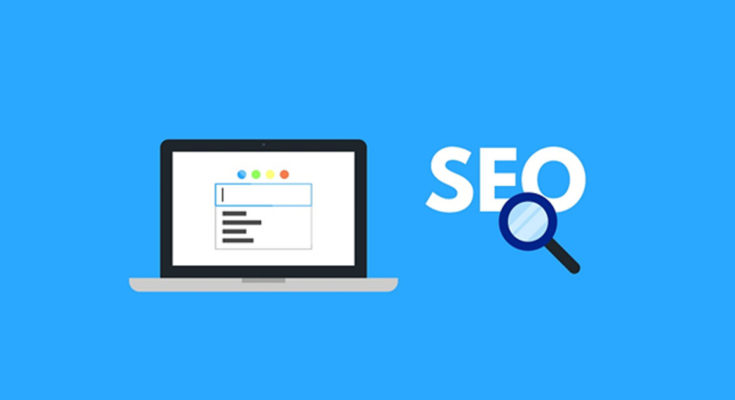You’ve probably heard the terms pay-per-click (PCP) and search engine optimization (SEO) being mention in the context of digital marketing. But, have you ever wondered what they mean and how they might be different? Well, read on and learn how PPC is different from SEO and how each can be used as in marketing.
Eyal Gutentag and other like-minded digital marketing experts will tell you that digital marketing is a broad industry with vastly diverse segments – which is true. However, some of the most popular marketing strategies adopted by most E-commerce entrepreneurs and marketers are PPC and SEO. Both SEO and PPC fall under search engine marketing, which involves using search engines such as Google, Bing, and Yahoo as a marketing platform.
Search Engine Optimization
SEO is a way of attracting natural or organic traffic to a website using search engine results page SERPS. Take Google, for instance; it gets about 40,000 queries every second, the results from these queries are presented to the users through a sophisticated ranking system that shows the most relevant results on the top position. In most cases, only the top-most results get any clicks and traffic. SEO is about optimizing a website to rank in those high positions.
Pay-per-Click
Unlike SEO, PPC is a paid search engine advertising service. In the case of Google, businesses can create AdWords that Google places on the first search results page (sometimes even above the organic results) depending on the search query. Advertisers charge a fee every time a PPC ad is clicked. The results of paid traffic are realized much more quickly than those of SEO. However, PPC can come at a high cost.
Which is Better?
Deciding on either PPC or SEO mostly depends on the results you’re hoping to achieve. For long term search engine marketing, a robust SEO strategy might be more productive and manageable than the PPC approach. Many businesses often combine PPC and SEO techniques in their search engine marketing campaigns to take advantage of both.





